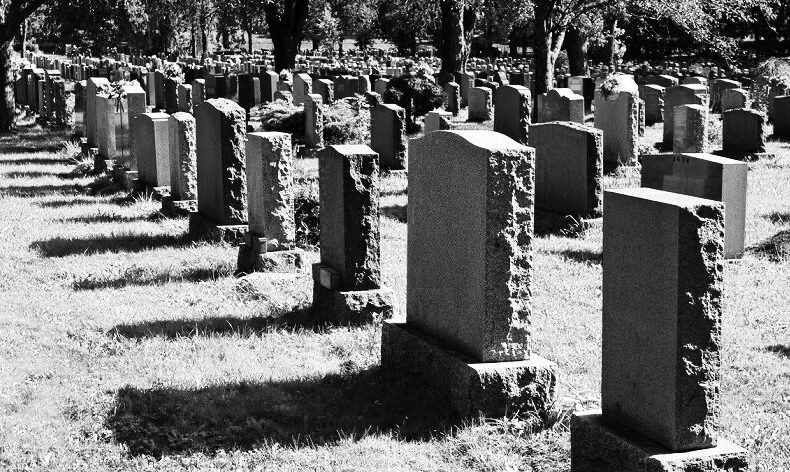
Why Cemeteries Matter? The Philosophy of Burial & Memory
What if I told you that cemeteries are not really for the dead? That may sound odd, even paradoxical. But think about it—do the departed really care where they’re buried? No, cemeteries are not simply repositories for bones and ashes. They’re much more: sacred gardens, history books carved in stone, philosophical battlegrounds, and—yes—social mirrors.
So why cemeteries matter? Because they help the living make sense of death. They transform the abstract idea of mortality into something tangible, structured, and even beautiful. Let’s dig deep (pun intended) into the philosophy of burial and memory, and why cemeteries still matter in a world that’s increasingly digital, fast-paced, and—ironically—death-avoidant.
Contents
- The Cemetery as a Canvas of Memory
- Burial as a Ritual: The Need for Closure
- Cemeteries as Collective Memory
- Burial vs. Cremation: Does the Body Matter?
- Philosophy and the Fear of Being Forgotten
- The Digital Dilemma: Virtual Memorials vs. Physical Graves
- Environmental Ethics and the Future of Cemeteries
- Bottom Line
- FAQs
The Cemetery as a Canvas of Memory
Cemeteries are the world’s most personal museums. Each gravestone is a piece of art, a story reduced to a name, a date, and maybe a cryptic phrase—“Beloved Father,” “Gone Too Soon,” “At Peace.” These brief inscriptions pack lifetimes into lines of granite and marble.
But memory is slippery, isn’t it? We forget birthdays, misplace keys, and lose names in the fog of time. Cemeteries stand against that forgetting. They anchor memory to a physical place. Whether it’s a simple fieldstone or a towering mausoleum, that marker says: I was here. I mattered.
And let’s face it, in a world where people obsess over digital footprints and Instagram legacies, is it really that strange to want a patch of earth to call your eternal home?
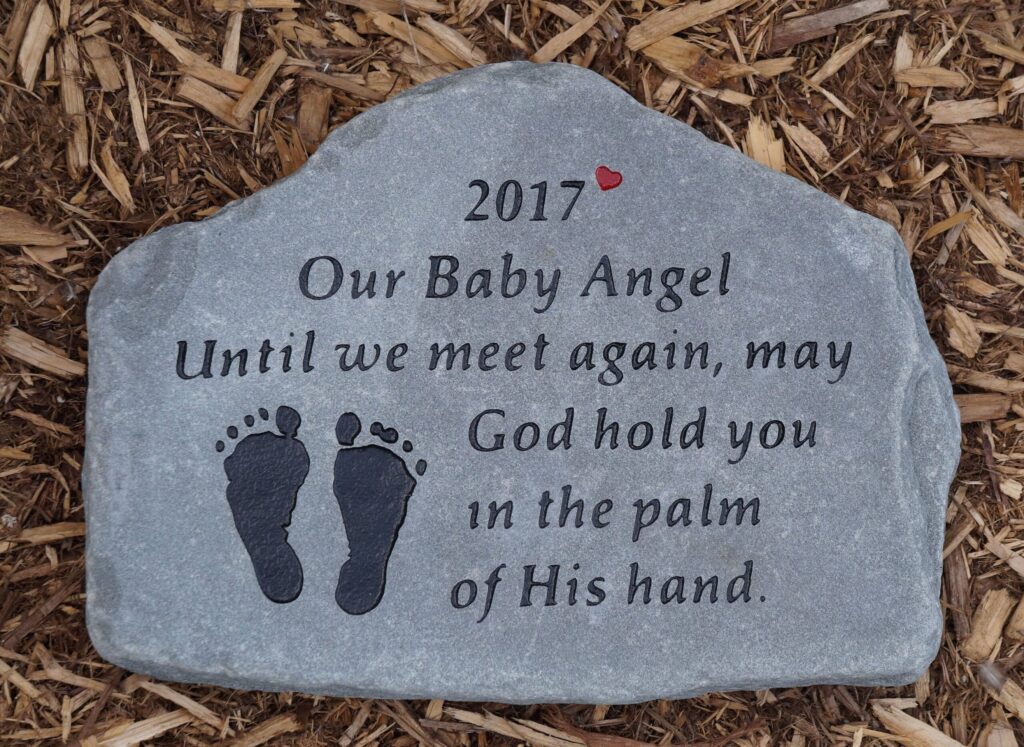
Burial as a Ritual: The Need for Closure
Imagine losing someone you love and having nowhere to go. No funeral. No ashes. No gravestone. Just absence. That scenario, while common in ancient times and even today during crises or war, leaves a psychological void.
Burial offers closure. It’s a ritual that brings people together. It’s the final act in the narrative of a life. A cemetery gives that narrative a final punctuation mark—a quiet, solemn period at the end of the sentence.
Philosopher Michel Foucault called cemeteries “heterotopias“—real places that exist outside of our daily experience. They’re spaces that challenge time and reality. Where else can you find centuries of stories, identities, and grief coexisting side by side?

Cemeteries as Collective Memory
We often think of cemeteries as personal—my grandmother, his father, her child. But cemeteries also carry collective memory. They tell us what a community has endured, what it values, and who it chooses to remember.
A walk through a Jewish cemetery in Prague, a World War I memorial in France, or a family plot in a rural town in Alabama reveals layers of cultural, political, and religious meaning.
Who gets a gravestone? Who doesn’t? Why are some tombs grand and others humble? These choices are never neutral—they reflect status, power, and historical narrative.
In that sense, cemeteries are like open-air archives. Unlike museums curated by experts, graveyards are curated by life itself—messy, biased, full of emotion and contradiction.

Burial vs. Cremation: Does the Body Matter?
Let’s get metaphysical for a moment. If the soul moves on, does the body really matter? Why keep a corpse in a box underground when you can simply scatter the ashes and move on?
It’s a fair question—and one more and more people are asking as cremation rates soar globally. But burial offers something cremation often can’t: a place. A grave becomes a destination for grief, memory, and ritual. It’s hard to scatter ashes and say, “Let’s meet there every birthday.”
Also, burial respects the body’s story. It says: This flesh carried a soul. It deserves rest, not just disposal. Cemeteries, in this light, become sanctuaries of embodiment—a last acknowledgment that life once lived here.
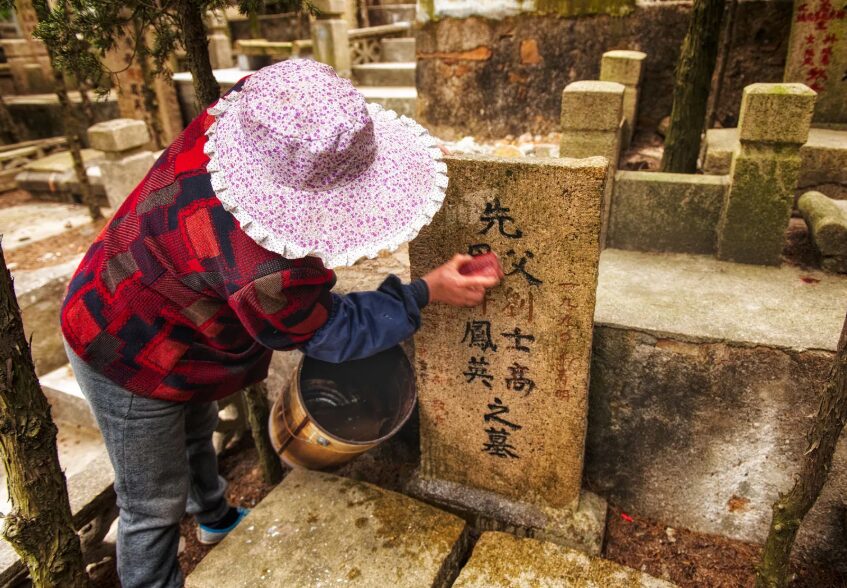
Philosophy and the Fear of Being Forgotten
At the heart of this is a fear we all carry but rarely name: the fear of being forgotten. Cemeteries resist oblivion. They say, You mattered. Someone will remember you. Even if, one day, the names wear off and the stones crack, the act of marking a life on earth holds profound philosophical weight.
Existentialist thinkers like Camus and Sartre explored the absurdity of life and death, but even they recognised the power of ritual and remembrance. If nothing else, cemeteries provide structure to the chaos of mortality.
They give us a way to say goodbye, even when the pain is unspeakable. They let us return to something—someone—when memory begins to fade. And maybe, just maybe, they offer us a bit of hope that our own stories won’t disappear the moment we’re gone.
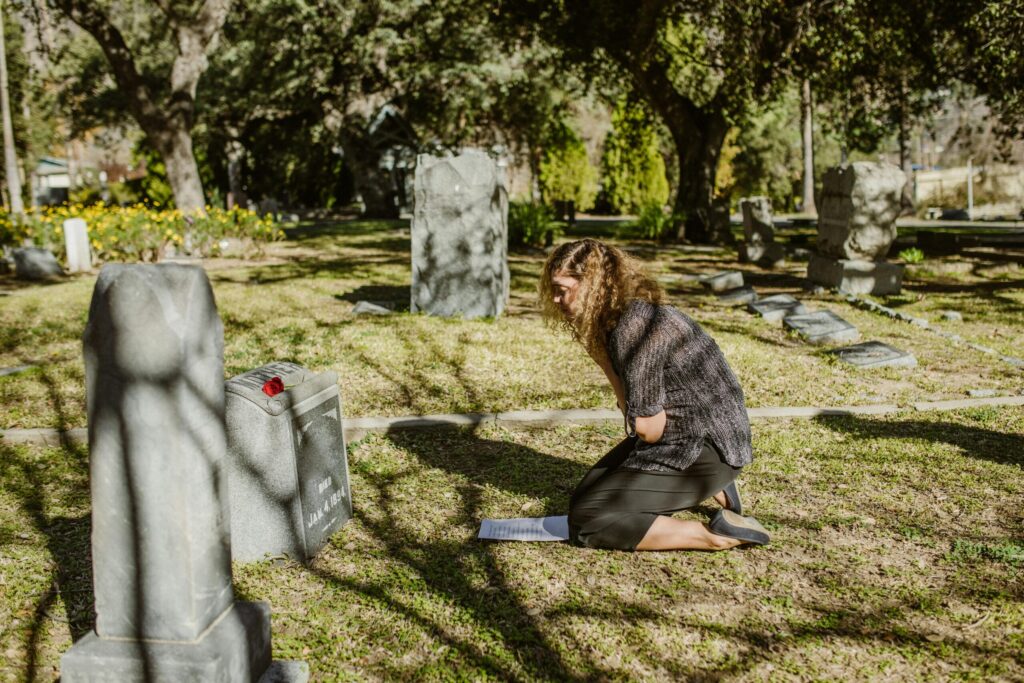
The Digital Dilemma: Virtual Memorials vs. Physical Graves
Today, we can “visit” someone’s grave on a screen. Memorial websites, Facebook tributes, and QR-coded tombstones offer digital immortality. But is that enough?
There’s something primal about standing beside a grave, hearing the wind in the trees, touching cold stone. It reminds us that death is real, not just a line of code.
While digital spaces can supplement grief, they can’t replace the embodied experience of mourning. Cemeteries ground us. They resist the flattening, fleeting nature of digital memory.

Environmental Ethics and the Future of Cemeteries
Of course, no discussion is complete without asking: are cemeteries sustainable? Land is limited, especially in urban areas. Traditional burials involve embalming fluids, metal caskets, and perpetual upkeep.
Enter green burials, vertical cemeteries, and natural burial forests. These eco-conscious alternatives reflect a shift in values—toward sustainability and harmony with the earth.
But even these methods maintain one essential aspect: place. Whether it’s a tree planted over your remains or a mushroom suit that helps your body decompose, the core philosophy remains the same—this life mattered. This death has meaning.
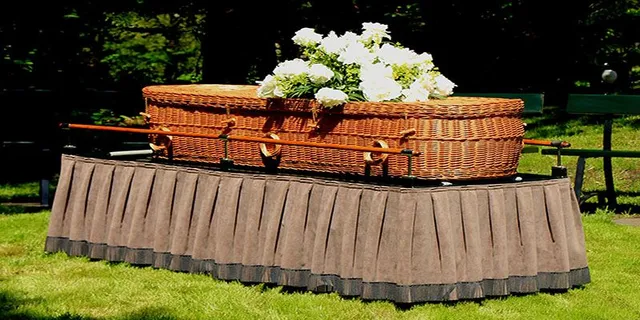
Bottom Line
So, why cemeteries matter? Because they are spaces where the past breathes. They remind us that life is finite, that memory matters, and that every human story deserves a place in the world—even after the final breath.
They are where grief finds form, where memory takes root, and where the dead, in a strange and poetic way, continue to shape the living.
And maybe—just maybe—they help us accept our own mortality with a little more grace.
FAQs
Yes. Even with rising cremation rates and online memorials, cemeteries provide a physical space for ritual, reflection, and cultural continuity.
Burial practices vary widely. Some cultures favor cremation, sky burial, or sea burial for religious or philosophical reasons. Cemeteries are a cultural product, not a universal practice.
Green burials avoid embalming, metal caskets, and concrete vaults. The goal is to allow the body to decompose naturally, often in biodegradable shrouds or caskets.
Not at all. While many cemeteries have religious roots, they also serve secular purposes like historical preservation, public art, and even ecological conservation.
They can supplement remembrance but lack the sensory, emotional, and spatial aspects of physical graves. A digital grave is a file; a cemetery is an experience.

Leave a Reply